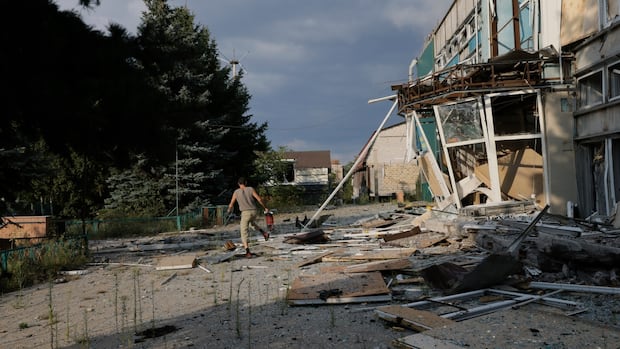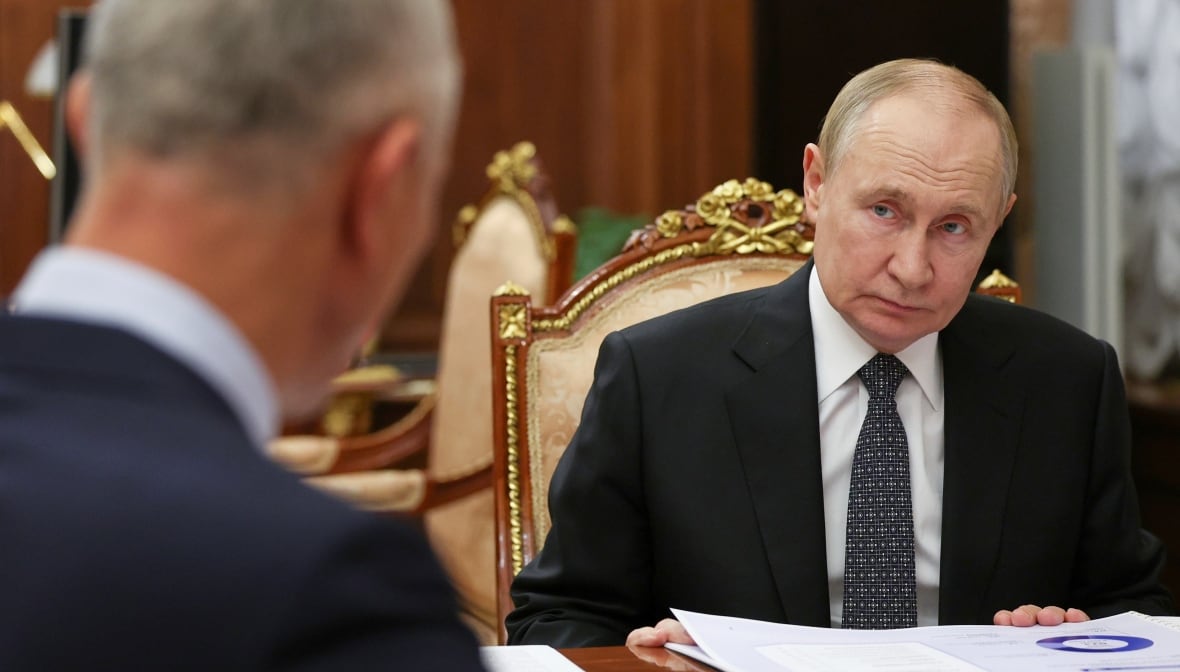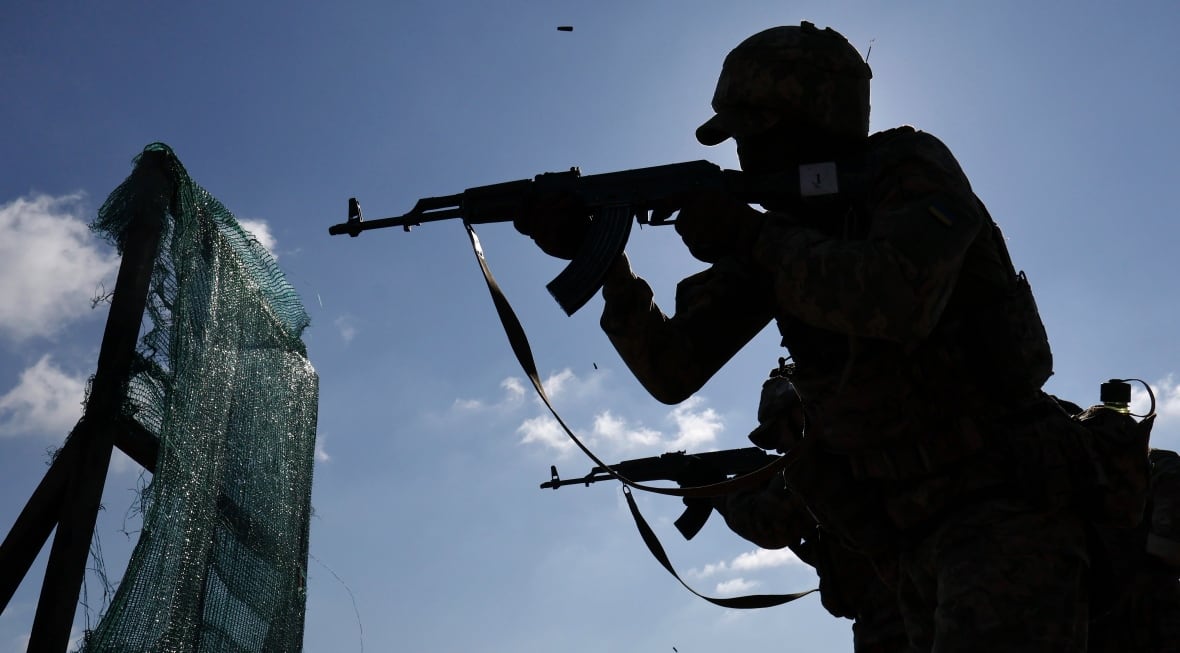
Russia’s invading forces have broken into an eighth region of Ukraine, a Ukrainian military official said Wednesday, seeking to capture more ground in their three-year war of attrition as U.S.-led peace efforts struggle to gain traction.
Some Russian troops have entered the villages of Novoheorhiivka and Zaporizke in the eastern Dnipropetrovsk region, a major Ukrainian industrial centre next to the Donetsk region where fierce fighting has been taking place, Victor Tregubov, spokesman for local ground forces, told The Associated Press by phone.
Russia’s Defence Ministry claimed earlier this month that its forces had captured the two villages, but Tregubov said that the Russians have not entrenched or built fortifications there, and fighting is continuing in the villages.
Ukrainian troops are under severe strain as they try to hold back Russia’s bigger army. Military analysts say there is no sign of a looming collapse of Ukrainian defences and note that Russian forces have been unable to take major towns and cities, but their slow slog through rural areas keeps Ukraine under pressure.
The front line, where tens of thousands of troops on both sides have been killed, snakes along roughly 1,000 kilometres of eastern and southeastern Ukraine, which borders Russia. Russian forces are already in the Sumy, Kharkiv, Luhansk, Donetsk, Zaporizhzhia, Kherson and Mykolaiv regions. On Wednesday, Russia stated that its forces had taken control of another village, Ozarianivka, in Donetsk region.
Russia illegally seized the Crimean Peninsula from Ukraine in March 2014, and now occupies about a fifth of Ukraine.
Western leaders have accused Russian President Vladimir Putin of dragging his feet in peace efforts and avoiding serious negotiations while Russian troops move deeper into Ukraine.
U.S. President Donald Trump bristled Tuesday at Putin’s stalling on an American proposal for direct peace talks with Ukraine President Volodymyr Zelenskyy. Trump said Friday he expects to decide on next steps in two weeks if direct talks aren’t scheduled.
Ukraine has accepted U.S. proposals for a summit with Putin and a ceasefire.
Russia has also balked at U.S. and Western plans to establish postwar security guarantees for Ukraine, which fears another Russian invasion in the future even if a peace deal is clinched now.

The possible security guarantees being worked out by Western officials could include the deployment of European troops in Ukraine. But Kremlin spokesperson Dmitry Peskov reiterated Wednesday that soldiers from NATO member countries would be unacceptable for Moscow.
Russia says it should be one of the guarantors of Ukraine’s security and wants to revive a proposal that was discussed between the two sides in 2022, in the early weeks of the war. Kyiv rejects that, saying it would have given Moscow an effective veto over any outside military support for Ukraine.
Peskov said Russian and Ukrainian peace negotiators were in contact but that he could not give a date for when they would meet again. The two sides last held face-to-face talks in Istanbul on July 23, in a session that lasted just 40 minutes.
Strikes on energy, gas infrastructure
Ukraine is trying to disrupt Russia’s war effort by striking infrastructure behind the front line with long-range drones. Gas stations have run dry in some regions of Russia after those drones struck refineries and other oil infrastructure in recent weeks.
To try to ease the shortage, Russia on July 28 paused gasoline exports, with the Energy Ministry hoping to continue restrictions into September.
Russia, meanwhile, is continuing its campaign to cripple Ukraine’s energy supply ahead of the bitter winter by wrecking the power grid with repeated attacks.

Ukraine’s Energy Ministry said Wednesday that Russia struck energy and gas infrastructure in six regions of the country. The attacks left more than 100,000 people without power.
“We regard the Russian attacks as a continuation of the Russian Federation’s deliberate policy of destroying Ukraine’s civilian infrastructure ahead of the heating season,” the energy ministry said.
Russia has denied targeting civilians since launching its full-scale invasion in February 2022 but says energy systems and other infrastructure are legitimate targets because they help Ukraine’s war effort.